
Reading Is the New Rebellion: Escape the Scroll Trap

We’ve all been there. You pick up your phone to check the time, and suddenly you’re forty minutes deep into a rabbit hole of random videos, memes, and posts you’ll forget in five minutes. Your thumb moves on autopilot, scrolling through an endless feed of content that somehow manages to be both overwhelming and utterly forgettable.
Meanwhile, that book you bought three months ago is still sitting on your nightstand, bookmark exactly where you left it on page 23.
Sound familiar? You’re not alone. The average person now spends over 2.5 hours a day on social media. That’s nearly 1,000 hours a year – enough time to read roughly 50 books. Instead, we’re consuming bite-sized pieces of information that leave us feeling simultaneously overstimulated and undernourished.
The Scroll Trap
Social media platforms are designed to be addictive. The infinite scroll, the variable reward schedule, the fear of missing out – it’s all engineered to keep you engaged for as long as possible. Every swipe gives you a tiny hit of dopamine, but like junk food, it never quite satisfies.
The problem isn’t just the time we’re wasting. It’s what all that scrolling is doing to our brains. Studies show that excessive social media use is literally rewiring our neural pathways, shortening our attention spans and making it harder to focus on deeper, more meaningful activities. We’re training ourselves to crave constant stimulation and instant gratification.
Think about it: when was the last time you sat quietly with a book for an hour without feeling the urge to check your phone? If you’re like most people, it’s been a while.
The Case for Reading
Reading, especially deep reading of books, exercises your brain in ways that scrolling simply can’t match. When you read a book, you’re not just consuming information – you’re building neural pathways that strengthen your ability to concentrate, empathize, and think critically.
Books offer something that social media feeds never can: depth. Instead of skimming the surface of a thousand different topics, you dive deep into one subject, exploring its nuances and complexities. You follow characters through their journeys, grapple with challenging ideas, and emerge with a richer understanding of the world and yourself.
There’s also something profoundly satisfying about finishing a book that you’ll never get from scrolling. That sense of accomplishment, of having completed something meaningful, is increasingly rare in our world of endless, unfinished feeds.
Making the Switch
Breaking the scroll habit isn’t easy, but it’s absolutely worth it. Here are some strategies that actually work:
Start small. Don’t try to go from three hours of scrolling to three hours of reading overnight. Replace just 15-20 minutes of your daily scroll time with reading. That’s enough to read about a book a month.
Make it convenient. Keep a book in your bag, download reading apps on your phone, or listen to audiobooks during your commute. The easier it is to read, the more likely you are to do it.
Create physical barriers. Put your phone in another room when you’re reading, or use apps that block social media during designated reading times. Sometimes we need to protect ourselves from our own impulses.
Choose books you actually want to read. Life’s too short for boring books. Don’t feel guilty about abandoning a book that isn’t holding your attention. Find genres, authors, and topics that genuinely interest you.
Join a book club or find reading buddies. Social accountability can be incredibly motivating. Plus, discussing books with others adds another layer of enjoyment and understanding.
The Ripple Effects
When you choose books over endless scrolling, the benefits extend far beyond just reading more. Many people report sleeping better, feeling less anxious, and having more meaningful conversations. They describe feeling more grounded, more thoughtful, and less reactive to the constant stream of news and opinions that dominates social media.
Reading also makes you more interesting. Instead of referencing the latest viral video, you have stories to tell, ideas to share, and insights gained from authors who’ve spent years crafting their thoughts.
A Different Kind of Connection
There’s something almost magical about the connection you form with a book. Unlike the fleeting interactions of social media, reading creates a sustained dialogue between you and the author. You’re not competing for attention with hundreds of other comments and reactions – it’s just you and the text, thinking together.
This kind of deep engagement is becoming increasingly rare and valuable. In a world that’s constantly demanding your attention, choosing to focus on one thing for an extended period is almost a radical act.
Your Move
Your phone will always be there, ready to offer you an endless stream of content designed to capture and hold your attention. But so will books – patient, waiting, ready to offer you something deeper and more lasting. The next time you feel the urge to scroll, try picking up a book instead. Start with just a few pages. Notice how it feels different – the way your mind settles, the way time seems to slow down, the way you become absorbed in something larger than the moment.
You might just remember why humans have been drawn to stories and ideas for thousands of years, long before anyone ever thought to put them in a feed designed to keep you scrolling forever.
The choice is yours: keep scrolling through other people’s thoughts, or dive into the rich, complex world that books have to offer. Your future self – more focused, more knowledgeable, and more fulfilled – will thank you for choosing the book.
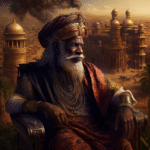



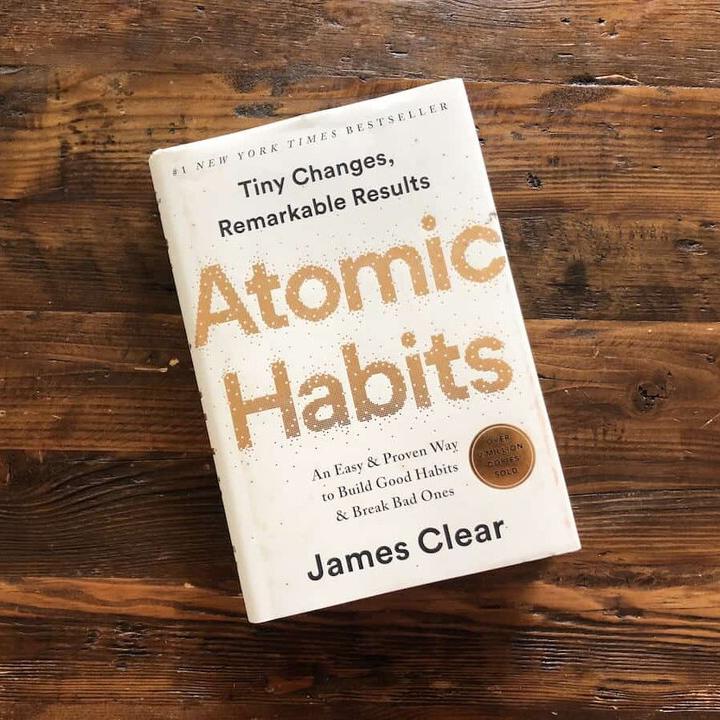
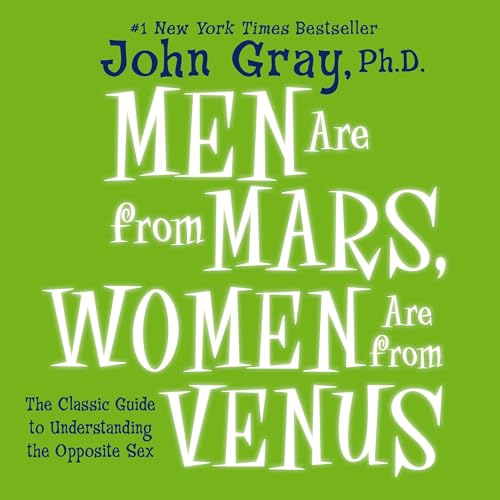
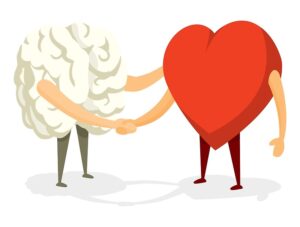
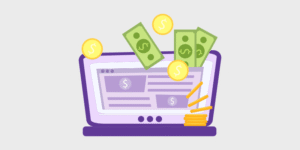







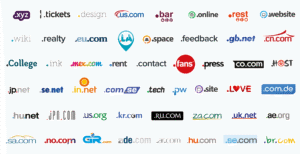
Post Comment